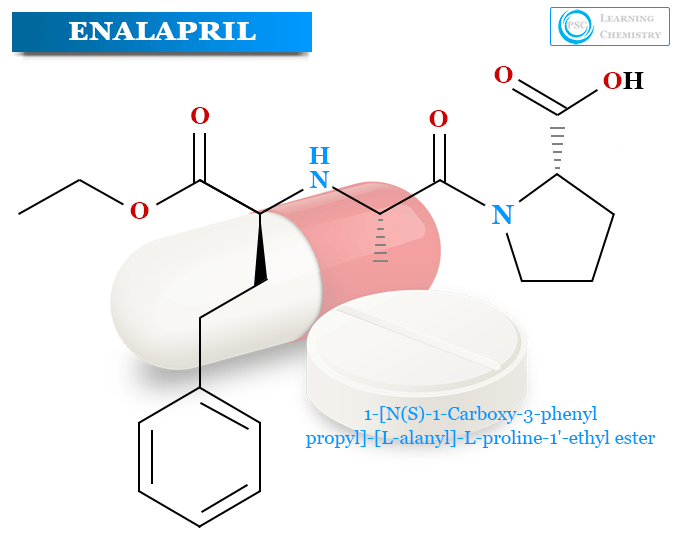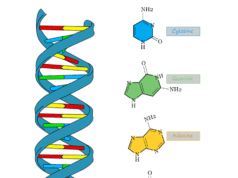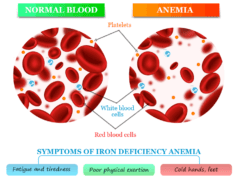Drug Enalapril
Enalapril is a class of medication (sold under various brand names) and uses for the treatment of high blood pressure, asymptomatic left ventricular dysfunction, diabetic kidney disease, and heart failure. It is an ACE (angiotensin-converting enzyme) inhibitor that produces well to excellent responses in patients with essential hypertension. The dosages of drug enalapril are given by mouth or by injection into a vein. It is a white crystalline solid powder that dissolves in alkaline hydroxide and is sparingly soluble in water and methanol but insoluble in methylene chloride. It was patented in 1978 but came into medical use after 1984. Enalapril is an essential generic medicine approved by the World Health Organization.

The use of enalapril during pregnancy causes serious side effects on the developing fetus. Hence, it is not prescribed by doctors during pregnancy.
Headache, dizziness, feeling tired, and cough are the most common side effects after taking enalapril medication. Angioedema and low blood pressure are the most common serious side effects of enalapril. If you observe any side effects after taking it, you should immediately call your doctor or medical professional.
What Does Enalapril Do?
Enalapril is an angiotensin-converting enzyme (ACE) inhibitor which used to reduce blood pressure and heart problems.
The ACE inhibitor is an important component of the renin-angiotensin system. It inhibits the activity of the angiotensin-converting enzyme which relaxes the blood vessels in your body. Therefore, enalapril can be lowering blood pressure and increase the supply of blood and oxygen from other organs to the heart.
Enalapril Uses
Enalapril is used alone or together with other medicines to treat high blood pressure (hypertension), heart failure, asymptomatic left ventricular dysfunction, and kidney problems. It is used for the treatment or prevention of hypertension in adults and children who are 1 month old. It is very helpful for the treatment of chronic kidney failure.
Some research suggested that enalapril can damage the kidneys of a developing fetus during the second or third trimester. Therefore, do not use it during pregnancy periods. If you are pregnant, you can tell your doctor right away. It is also not recommended to use during the breastfeeding period.
Dosage for Enalapril
Enalapril is available in the market as an injectable solution, tablet, and powder for oral solution with the brand names, enalaprilat, Epaned, Vasotec, and Vasotec IV.
The tablets sold by different brands come in the strength of 2.5mg, 5mg, 10mg, and 20mg. The strength of the injectable solution is 1.25mg/mL and the strength of powder for oral solution is 1mg/mL after reconstitution.
The dosage of enalapril is different for different health problems. The common dosages are given below,
Dosage for High Blood Pressure
Adult Dose
- The usual dose range is 10-40 mg per day or twice per day taken by mouth. Your doctor may increase your dose depending on the change in your blood pressure.
- Intravenously 1.25 mg injection is given every 6 hours with a maximum dose of 5 mg.
Pediatric Dose (1 month to 16 years)
- The starting dose is 0.08 mg/kg orally per day or divided every 12 hours but not to exceed 5 mg/day. If the starting dose is not enough to reduce your blood pressure, you may increase it after consulting your doctor or pharmacist.
- Intravenously 0.01-0.02 mg injection is given every 12 hours.
Dosage for Heart Failure
- The usual dose is 5-40 mg per day or two divided doses every 12 hours.
- Intravenously 1.25-5 mg injection is given every 6 hours.
Dosage for Asymptomatic Left Ventricular Dysfunction
The starting dose is 2.5 mg orally every 12 hours.
Special Dosage for Kidney Problem
- 5 mg taken once per day for mild kidney problems.
- 2.5 mg is taken once per day for moderate kidney problems.
- 2.5 mg is taken once per day during dialysis days.
Side Effects of Enalapril
Dizziness, low blood pressure, light-headed feeling, and dry cough are the most common side effects of enalapril. It may be more allergic to African or American peoples. Other side effects include,
- Chest pain or pounding heartbeats.
- Yellowing of the skin or eyes (jaundice)
- Urinal infection (small or no urine)
- Fever, sore throat, cold, or flu symptoms
- Burning pain in your hands or feet
Do not use the enalapril dose during the second or third trimester of pregnancy because it can cause injury or death to the developing fetus.
What Foods to Avoid While Taking Enalapril?
An increased level of potassium can affect the heart rate of your body.
- You can avoid potassium containing salts and foods like bananas, oranges, and green leafy vegetables during enalapril medication.
- Drinking alcohol during enalapril medication can also increase the risk of serious side effects.








